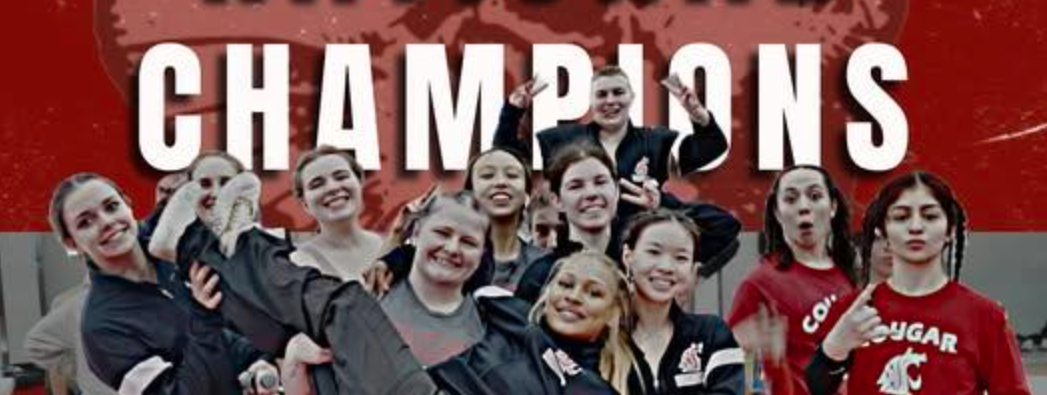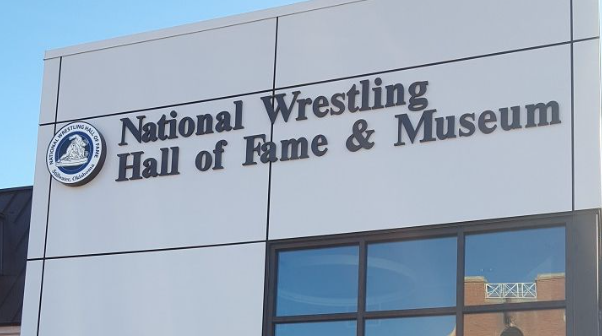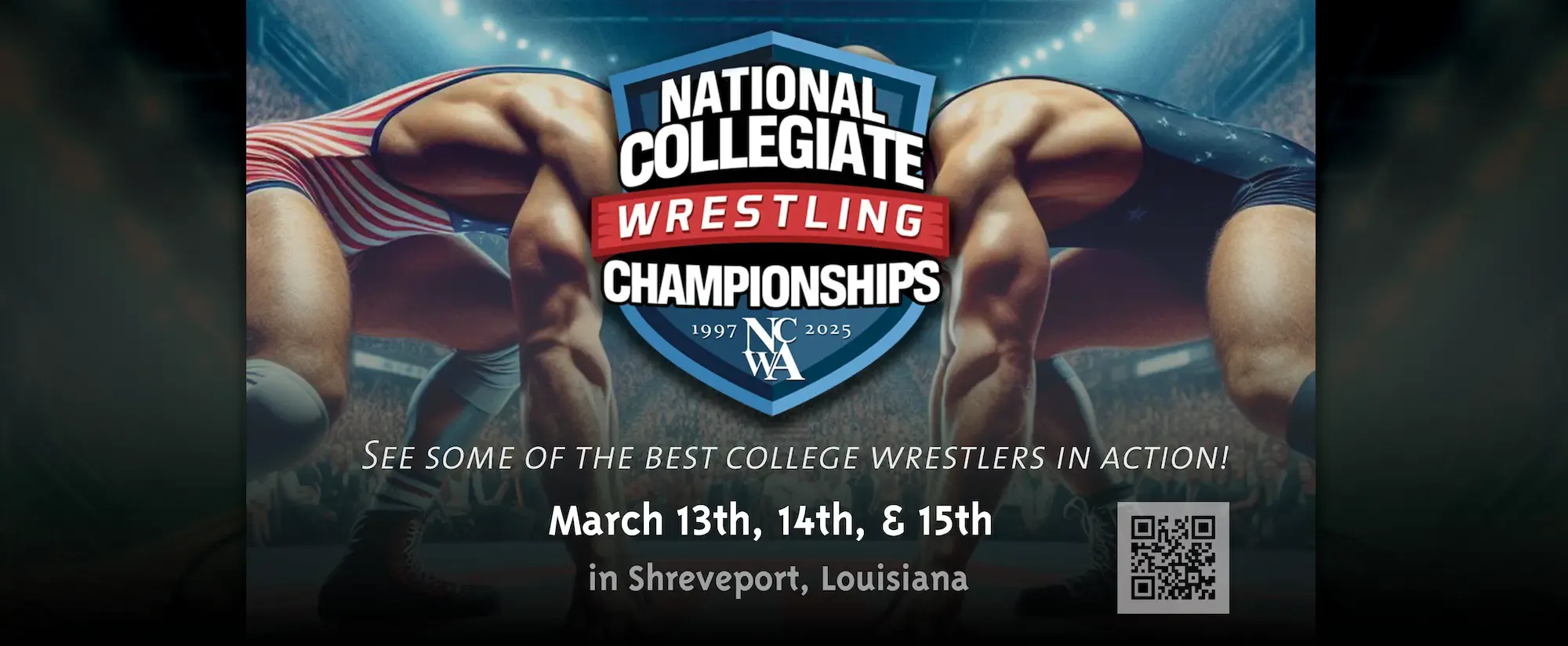Our Journey
From humble beginnings to nationwide impact
Foundation
NCWA was established in Dallas, Texas, with just a handful of teams (roughly 13–20 member programs in the inaugural season). This small start marked the beginning of a new era for college wrestling, giving hope to wrestlers at institutions without NCAA teams.
First Championships
The NCWA held its first competitions and national championship tournament, bringing together club teams and emerging programs that previously had no postseason. The inaugural NCWA Nationals crowned the first NCWA collegiate champions and All-Americans, laying the foundation for the organization's competitive structure.
Women's Wrestling Launches
The NCWA launched the first-ever collegiate women's wrestling division in the United States, providing female wrestlers with competitive opportunities years before women's wrestling was widely adopted by other college associations.
Women's National Championship
The NCWA hosted the first women's collegiate national championship, an historic milestone that showcased the untapped talent and passion among female student-athletes.

Explosive Growth
Throughout the 2000s and 2010s, the NCWA expanded rapidly. What began as a two-dozen-team organization grew to include over 150 colleges and universities across the U.S. and beyond. The NCWA even welcomed programs from Canada and Puerto Rico as membership climbed to nearly 175 teams by 2023.
Alumni Association Forms
Former NCWA wrestlers create the Alumni Association to maintain connections and support current athletes.
Record-Setting Nationals
The NCWA's National Championships in San Juan, Puerto Rico, was a landmark tournament that brought together hundreds of athletes and expanded the association's reach internationally.
Partners with Wrestling Hall of Fame
The NCWA and the National Wrestling Hall of Fame's State Chapter program formed a strategic partnership to honor individuals who have significantly contributed to collegiate wrestling. It aims to enhance the recognition of coaches, officials, and contributors within the wrestling community.

More Record-Setting
NCWA National Championships becomes the largest ever collegiate championship of any kind; 13,000 attendees bringing int 2 million dollars to the Shreveport-Bossier area
